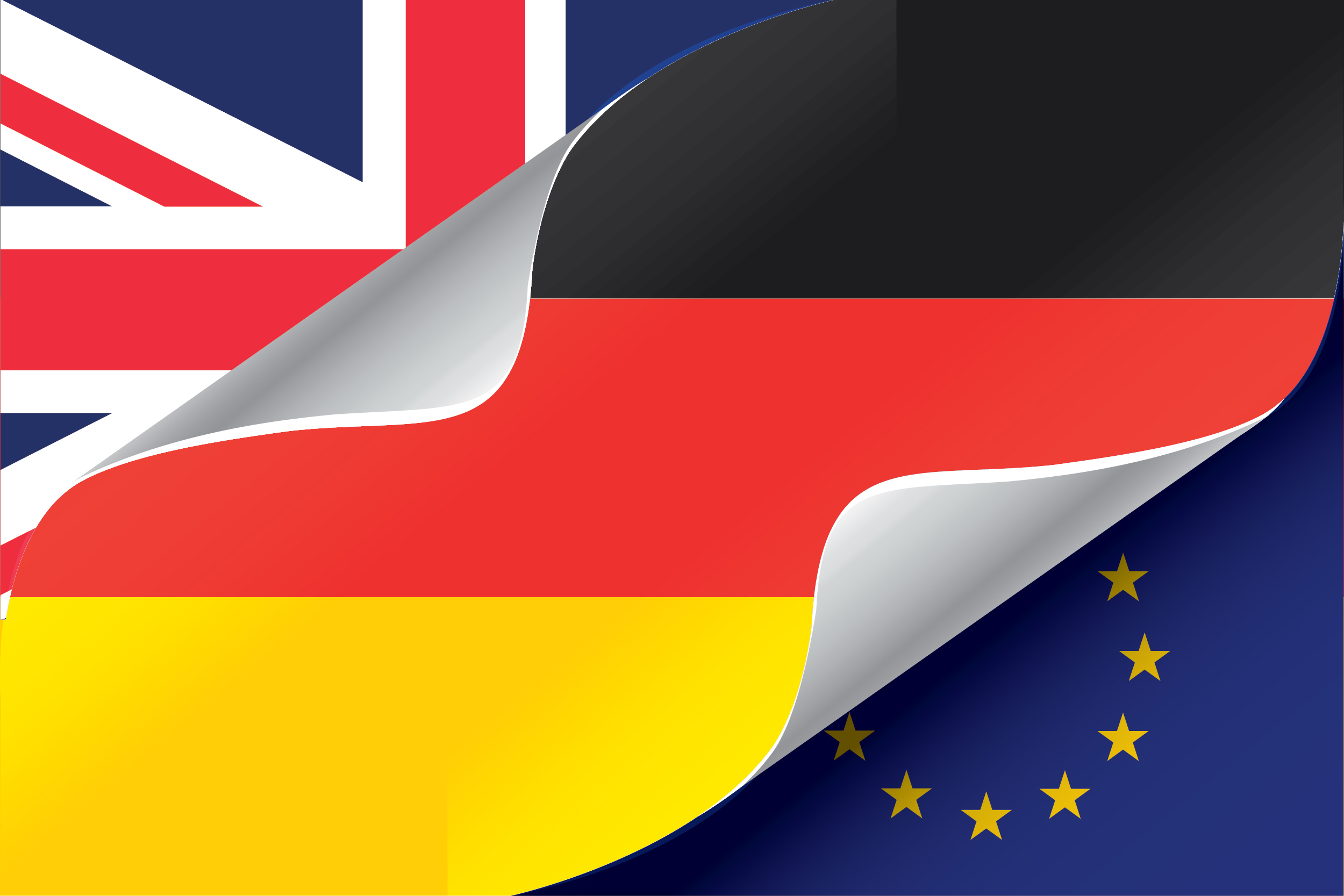Europe after the Brexit: German positions and perspectives

The British decision to leave the European Union comes at a critical moment for Germany and the EU. It exacerbates the “polycrisis” of recent years and leads to controversial questions: What should the EU look like without Great Britain? What is the objective, the “finality”, of European integration? And what role should Germany play in the future?

The federal government in Berlin has so far failed to provide an answer to these questions. It wants to consolidate Germany’s position as a balancing “power at the center” and preserve the advantages linked to it. At the same time, it shies away from a restart or reorganization of the Union and thwarts all initiatives to that effect.
It is only in the field of security policy that Germany, together with France, is ready for closer cooperation. In most other policy fields, Berlin is rejecting „more Europe“. This notably holds true for the Economic and Monetary Union, where even conflicts pertaining to its future governance loom on the horizon.
This creates new problems for Germany’s partners. On the one hand, Berlin again puts efforts into finding unity. On the other hand, the federal government seeks to avoid drawing (premature) conclusions from Brexit and making decisions that could turn out to be binding. The EU consequently remains in a precarious situation without any clear perspective.
Eric Bonse is a German political scientist and journalist. Correspondent in France from 1994 to 2001, he now works as EU correspondent specialised in economic policy and the euro crisis for German and international media in Brussels.
This content is available in French and German.





